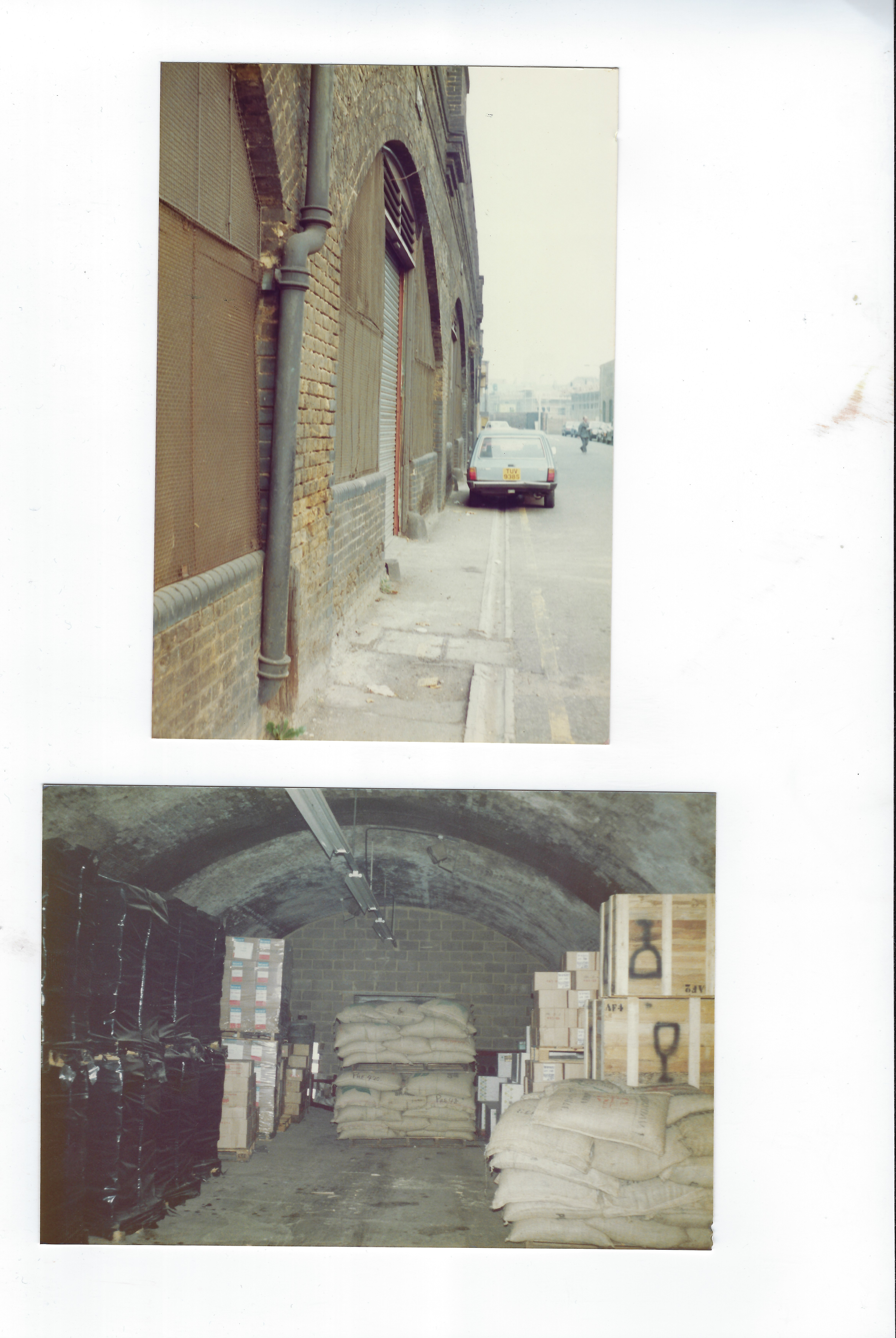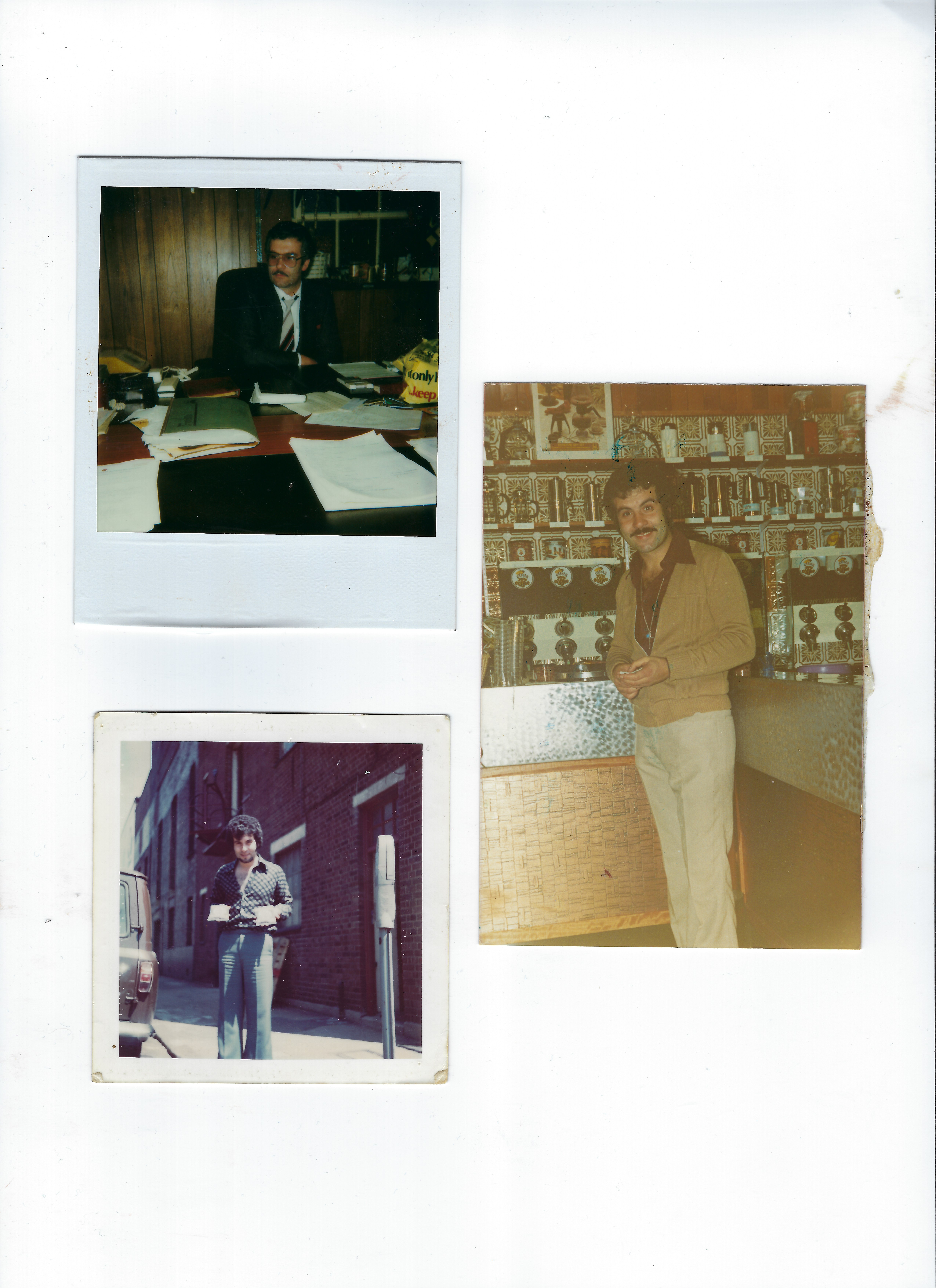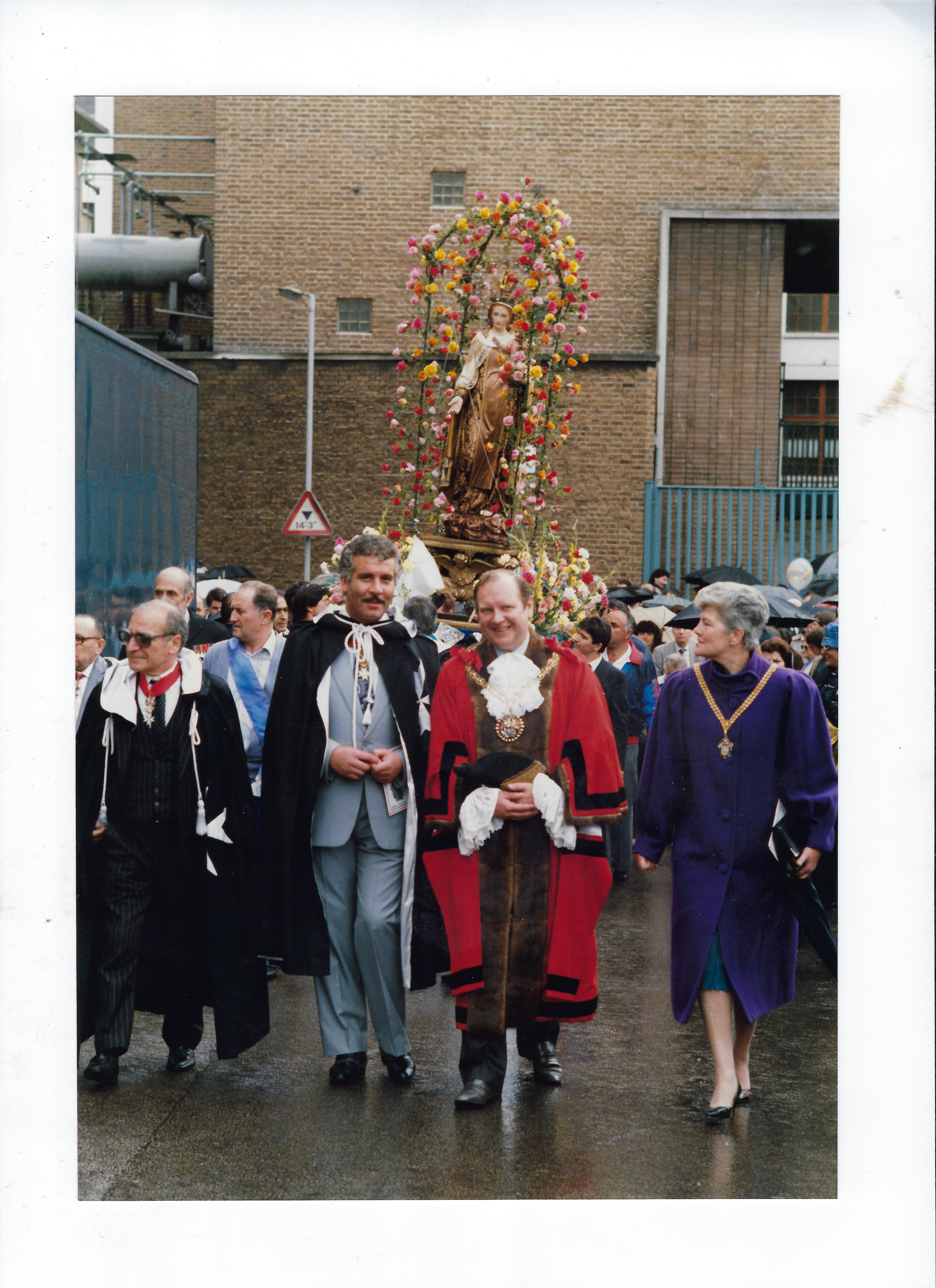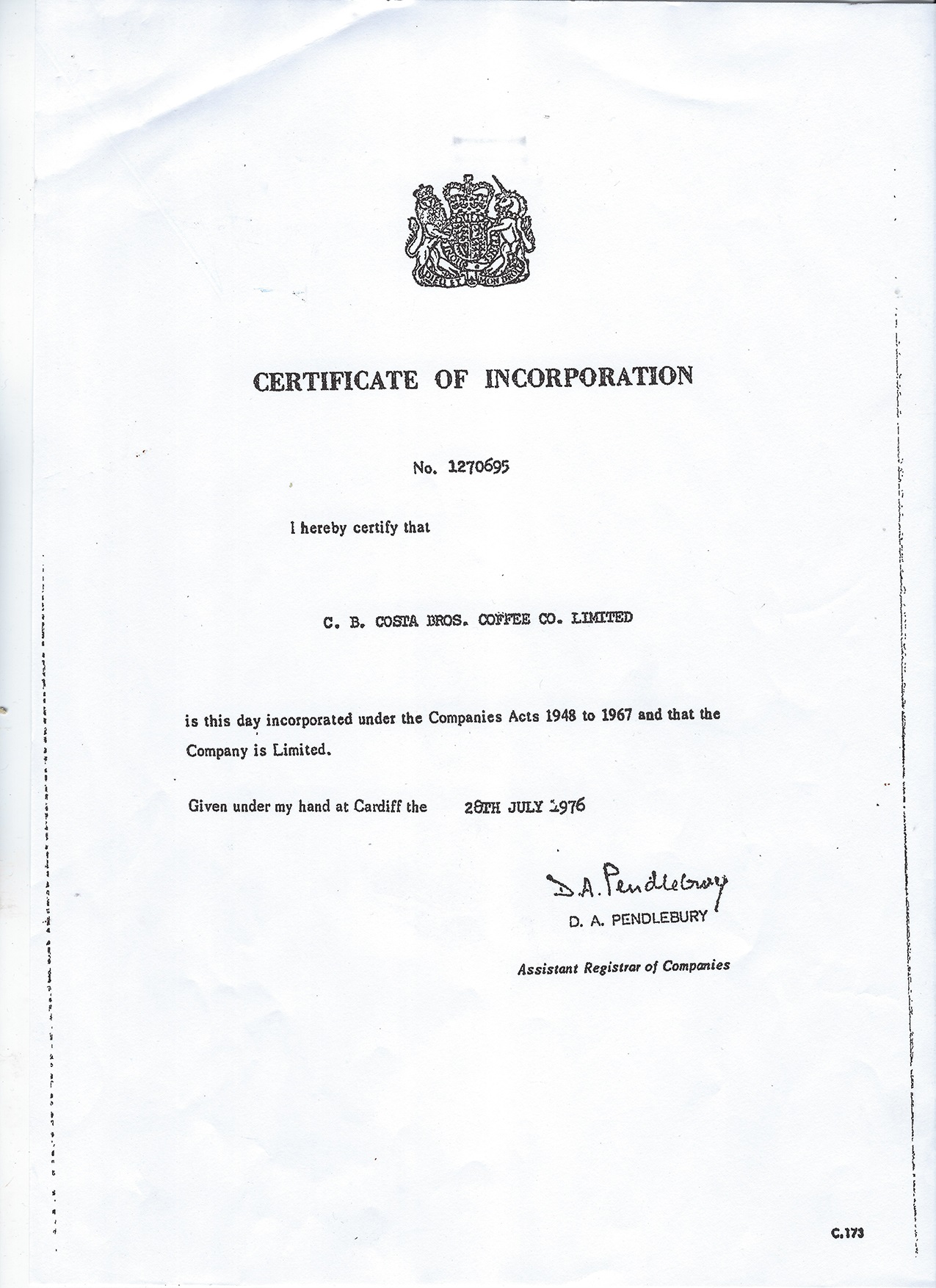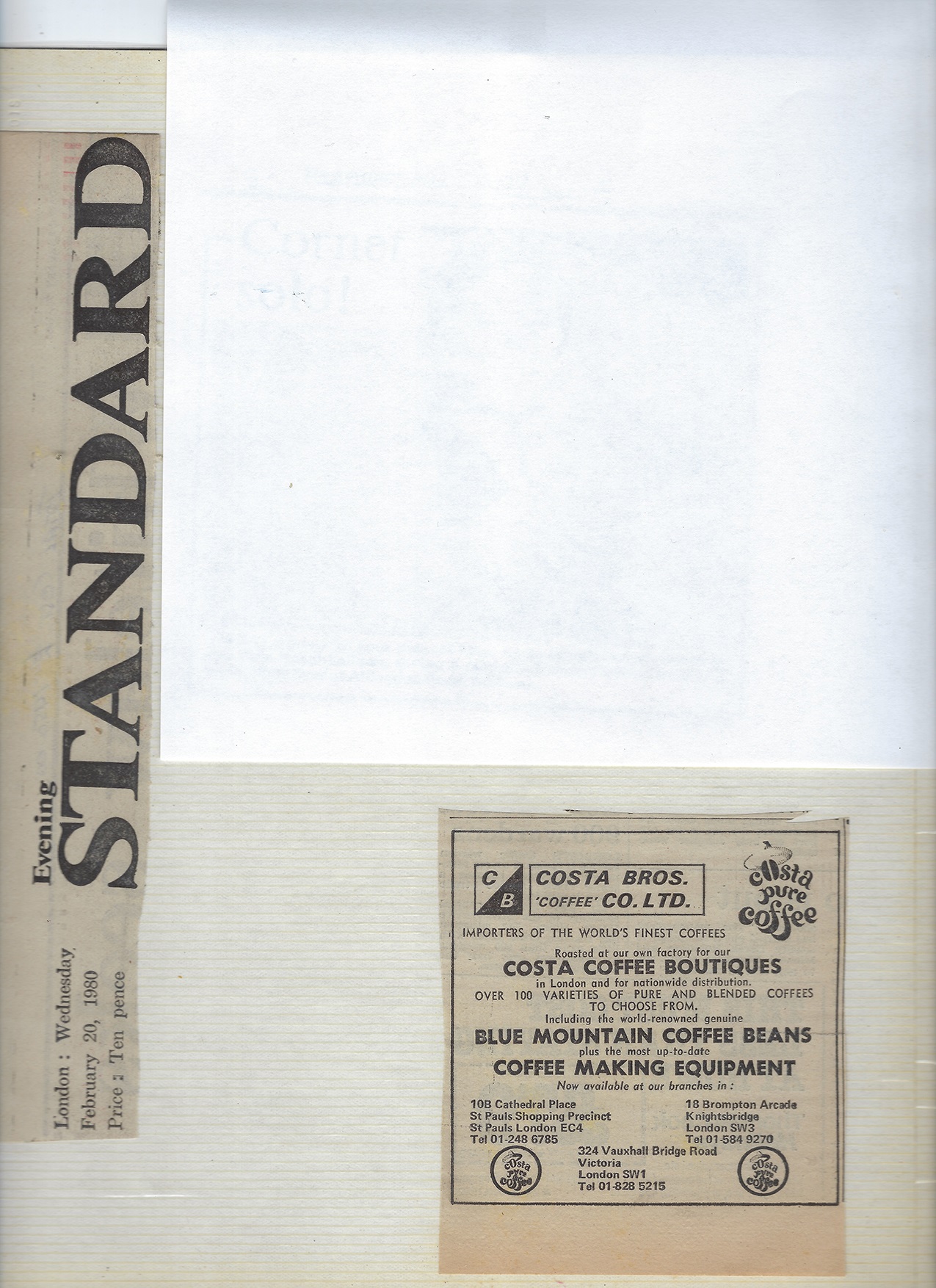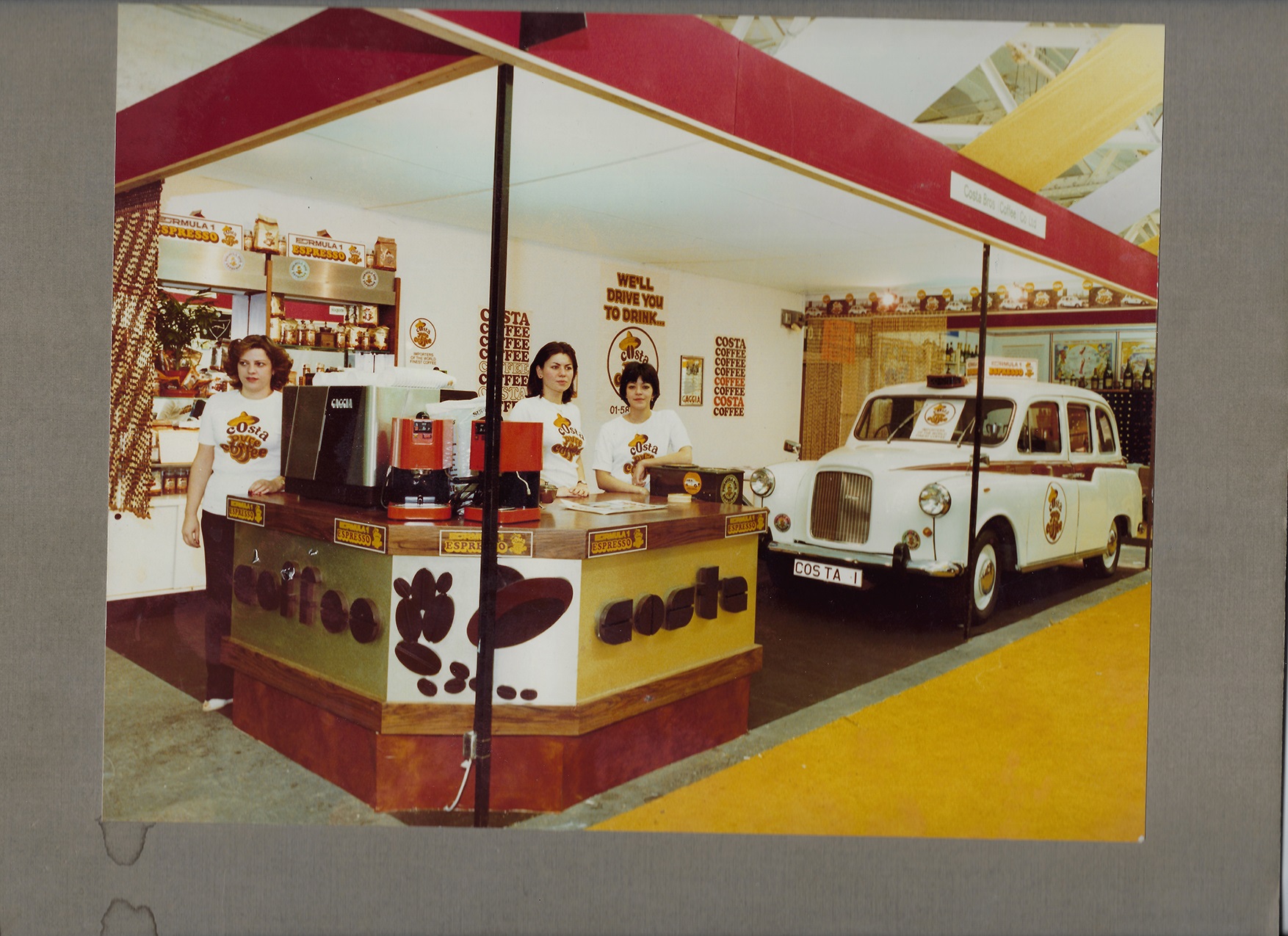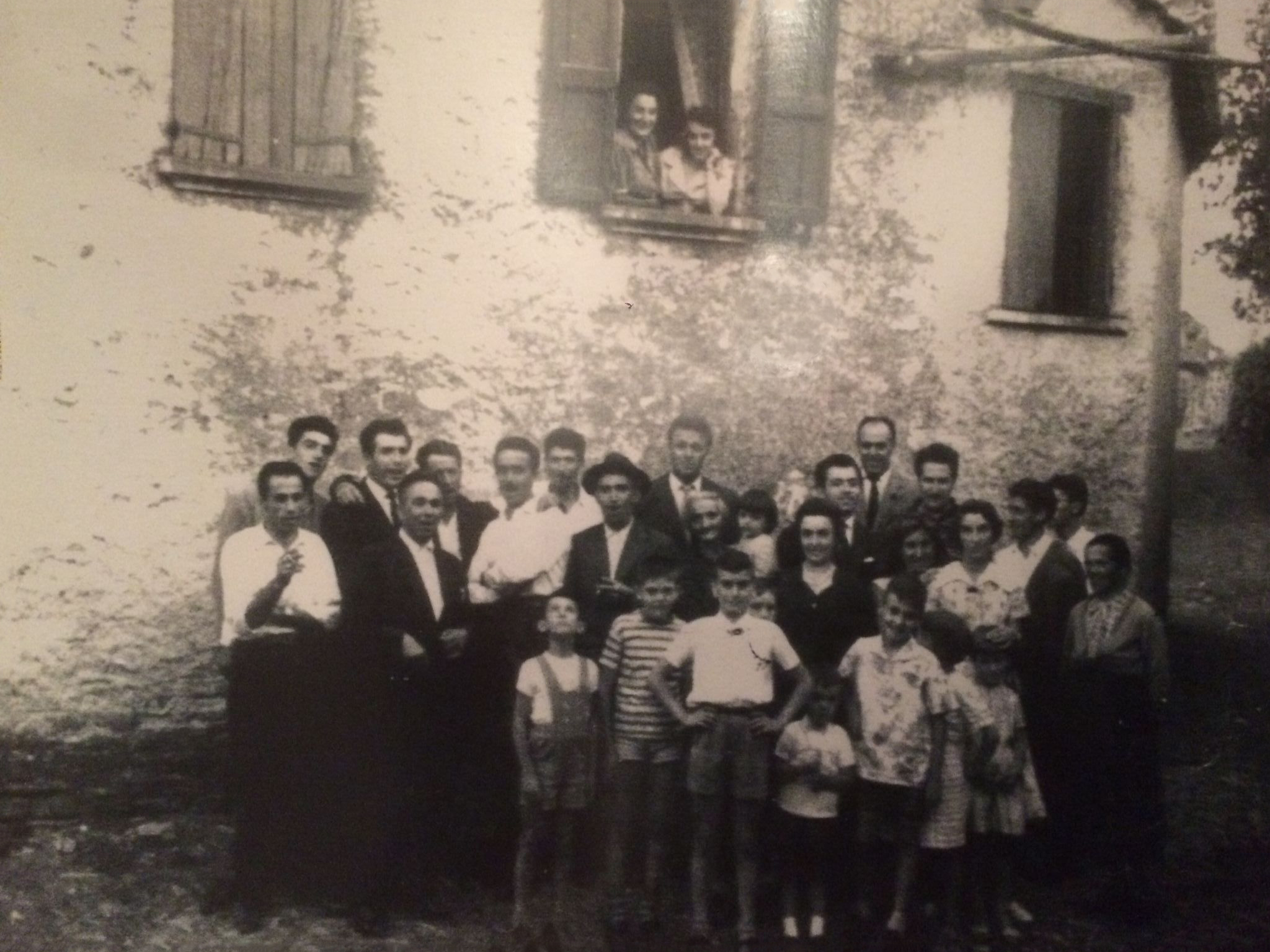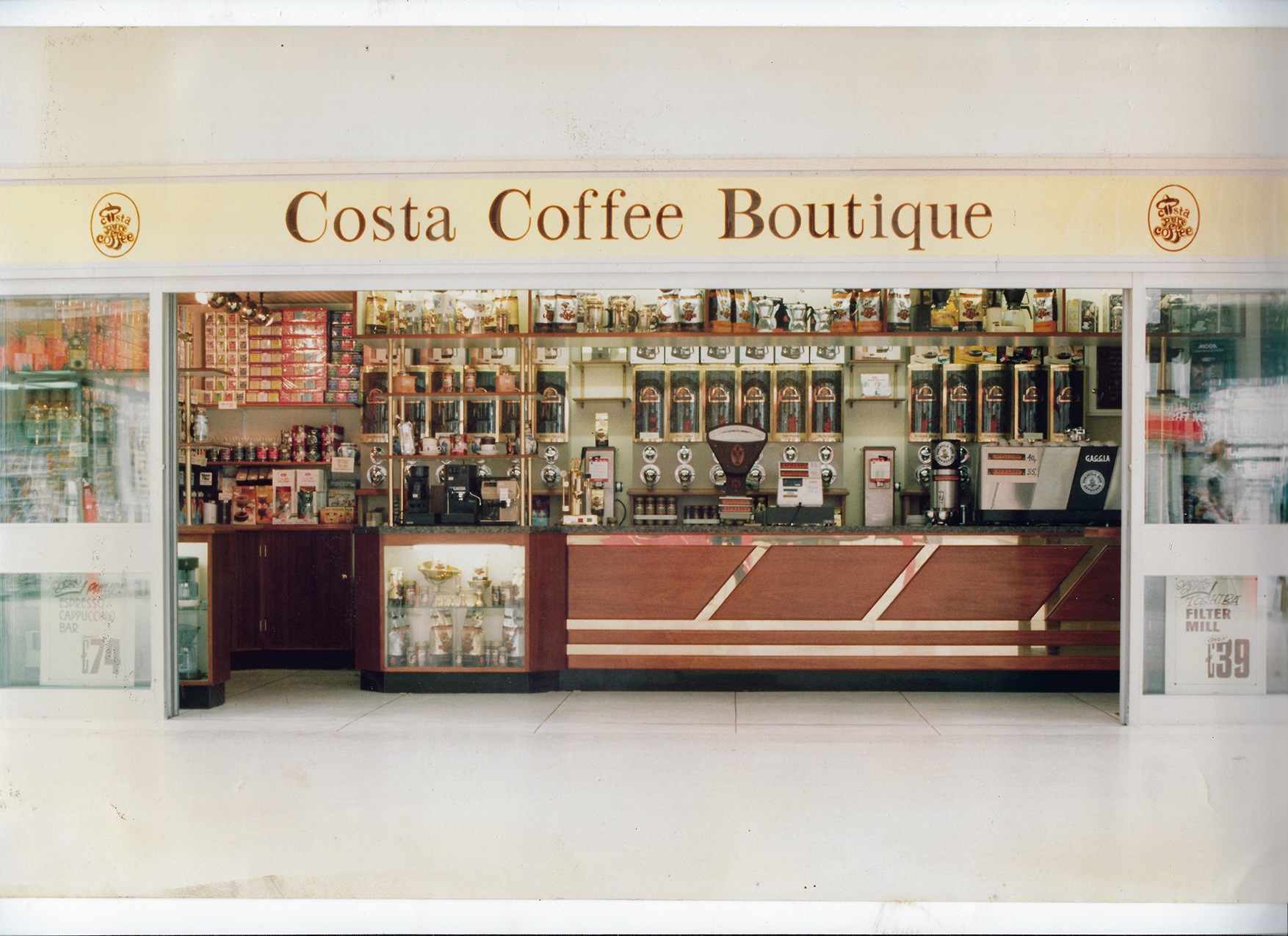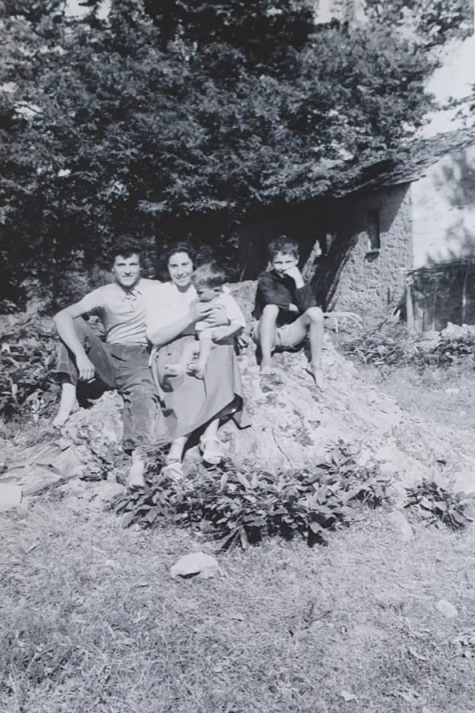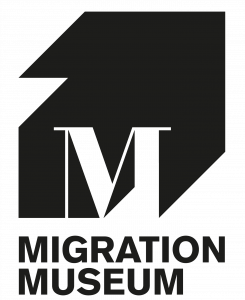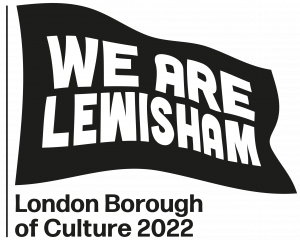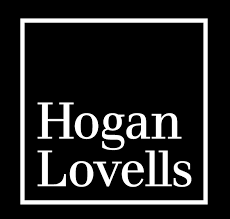Costa Coffee
Sergio Costa
Where were you born and what was your childhood like?
I was born in 1949 near Baselica, a village in the province of Parma, Italy. I was ten when I came to England. We lived in a very peaceful part of Emiglia Romagna, surrounded by beautiful valleys bursting with the bountiful riches of natural produce of the region. The Costa family originate from a place known as Monte Pelá. It is a hamlet of houses in a rural part of Italy where Porcini mushrooms are grown and are today as popular as espresso coffee. My younger days would be filled with long walks through forests and fields looking after our animals on the farm with all my family and going to school.
Can you tell us a bit about where you grew up and your family?
The Costa family was not small, my father was one of 7 and my mother was also one of 7 too! Both sides came from two villages in the same region. I lived with my parents and my brothers – Bruno, older by 7 years, and Giancarlo, younger by 7 years. There was only one local school and it was in the next village. In 1955, my uncle Giovanni began his migration journey to England together with his brother. They settled in Darwen and raised their families there for a while. I was 5 at the time.
What made you and your family decide to come to Britain?
In the 1950s many people began emigrating from Italy to England and America. Like many, my father believed the opportunity was far greater for his sons to be raised in a capital city rather than the small town where we were born. With family already settling abroad, the decision to close our home and move to England was a big one and we encompassed this important journey to this unknown country, unaware how and if life would indeed work out for us. I suppose my parents made this decision based on the positive departure of those before them and we followed suit, travelling by train and boat to arrive in the UK.
What were your first few years in the UK like? Where did you live?
We moved from our house in Italy to a small flat in Vauxhall. We huddled in one room for a while. The first few years were strenuous and I recall episodes when food was sometimes hard to come by. My mother’s Sunday roast chicken was a real treat and eagerly awaited, knowing it was the one day we could afford meat on the table. I remember to this day promising myself that I would change our way of life and better days ahead would follow. I went to school for a while and my parents found jobs as kitchen staff, waiters and barmen. We were one of many Italian families that arrived in London and before long familiarised ourselves through our work within our Italian community as more and more Italian cafes and restaurants sprouted up in central London. Our poor English language was a barrier and my parents had no choice but to work behind the scenes where they did not need to liaise with customers. My brothers and I were young enough to learn English – especially my younger brother and I, as we went to school in the UK.
What challenges did you face as newcomers to the country?
We came from rural mountains to the city of London in 1959. Nothing was like what we left behind. My uncle arrived in 1955 before us, and was given an Alien Registration Card. Back then, over 600 immigrants arrived in Britain and were recorded as ‘aliens’ in the legal terminology of the time between 1918 and 1957. We strived for a better future and for a few years we were dependent on working for others until my father opened a café in Lambeth Walk. Living in one room, our first concern was to make enough money to find slightly more spacious accommodation which we did eventually and moved to Park Mansions near South Lambeth Road.
What made you decide to start a coffee business?
It was a significant encounter that changed my family. Having worked for many people in the catering industry since leaving school, I was not so passionate about being a waiter. In 1969 I married and, shortly after, met a kind coffee merchant called Mr Langdon as he dropped a few boxes of coffee on the pavement before me. I assisted to pick them up and he instantly took a liking to me and offered me a job, which I gladly accepted. I was fascinated for the first time in something that I was curious to learn more about. Fulfilled in working for Langdon’s Coffee & Provisions Ltd, I began to progress. The company was based in Crutched Friars in the City of London and before long, I signed many new clients to the business from the circle of Italian restaurants and cafes. Mr Langdon was impressed with me and offered me 25% of his business. I worked hard, long hours but enjoyed what I was doing. Mr Langdon was mutually pleased to have me on board, allowing more time for his passion of sports – especially playing golf and leaving me to run the business. My first child, a daughter, was born in 1970 and shortly after, and this prompted me to start my own coffee company. I respectfully returned the shares free of charge to Mr Langdon, and faithfully promised I would not take one of his customers but I would find my own. I began my new venture on my own. I remained in the city for a while and my first premises were under Fenchurch Street Station. My father would roast the coffee for me and I would go out to sell and deliver the boxes. He believed in me a great deal and remained close to me in the company until he returned to Italy in the early 1990s. In years to come, at Old Paradise Street he would walk around with his walking stick observing and advising on the quality of the beans during the roasting process, and commenting on the packaging production of each box that left the factory. But when we started, times were different: I kept a suit in the van to visit potential clients and would change into overalls to made deliveries. I did two jobs until I found my first driver who remained with the the company until I sold. But going back, as the company grew, I employed more staff and after a few years my brother joined me and we renamed the company and incorporated it on 28th July 1976 as CB COSTA BROS COFFEE CO. LIMITED. The Costa brothers established CB (Costa Brothers) Fine Italian Foods. This family business involved cousins who went on to become partners and I stepped away focusing on coffee in 1985. My eldest brother also left me to start his own company by 1980 and when La Porcellana Limited was formed, it became my sole supplier of crockery for all units across the country until I sold COSTA.
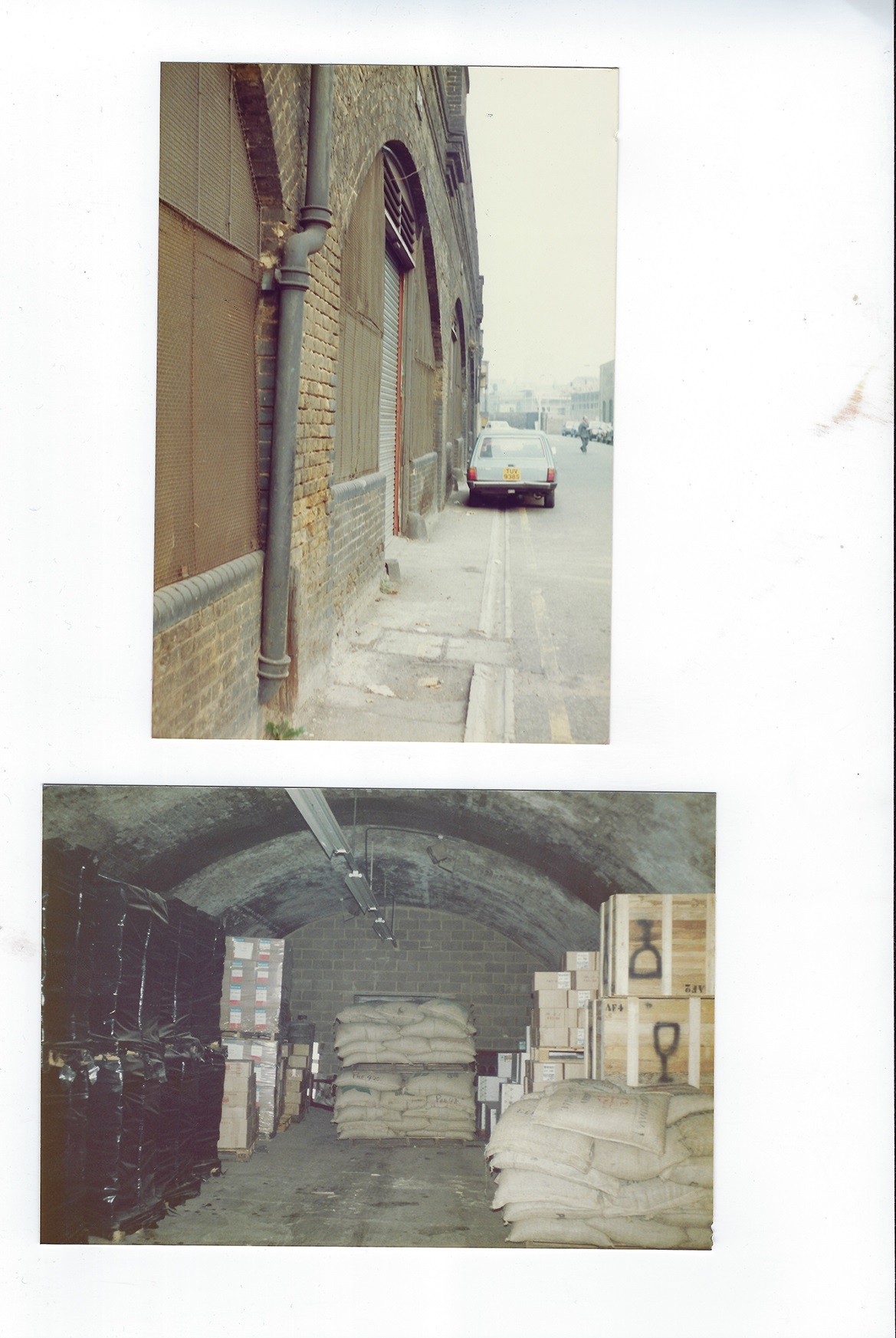
All images courtesy of the family
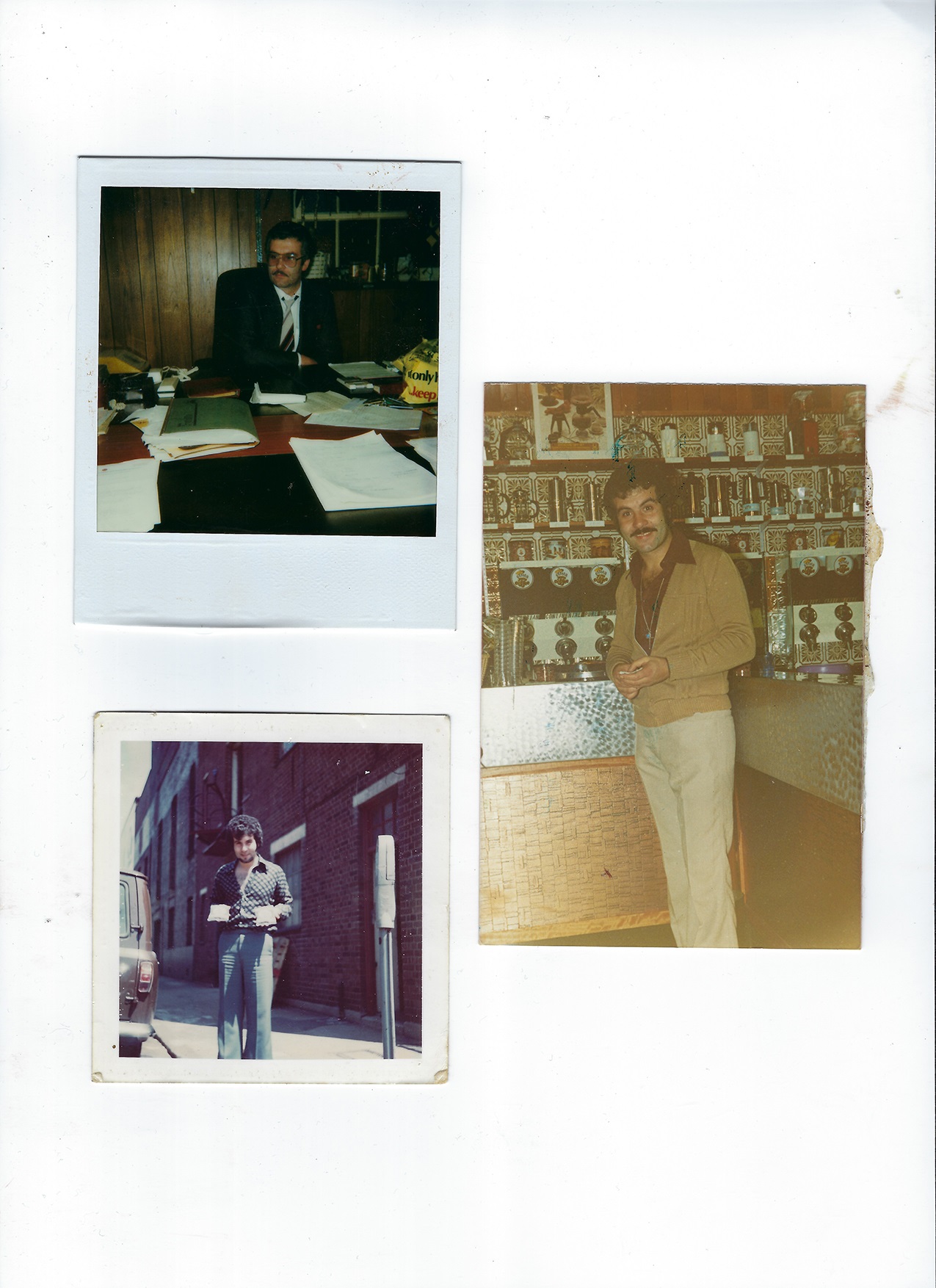
Why did you base your business in Vauxhall/Lambeth?
The landlords of the building in Newport Street were friends of my family. I decided to relocate to this area as it was closer to where we lived and the premises were perfect. The ground floor belonged to Mr Tappy, the landlord, and I took possession of the upper floors – on the first floor we roasted and had our offices and the second floor was later occupied by coffee equipment suppliers and we became good friends. They were good days and we worked very hard independently but also as a team, as they supplied excellent coffee machines and we would obviously recommend them to our clients and to make excellent coffee they would equip our coffee boutiques.Eventually, I bought a freehold piece of land behind the arches on Newport Street where we stored the raw beans, and began a project to build my own factory on Old Paradise Street in SE1.
What were the biggest challenges you faced in setting up Costa Coffee?
The biggest challenge was bringing a new product that had never been tasted before. Tea was the nation’s drink but I had problems sourcing this commodity as well as making people understand what real coffee was all about. I had to learn how to buy raw coffee beans on the market and sell. The second hardest challenge was introducing Italian coffee to Londoners. Coffee was not popular and I was new to the game, so I had to learn the business from scratch. We supplied restaurants, cafes and then hotels in central London. The quality of our blend grew from strength to strength but we cautiously waited 7 years before opening our first coffee shop on Vauxhall Bridge Road in Victoria around 1976. By 1980, we had opened St Paul’s and Knightsbridge, which I proudly advertised in the Evening Standard. My concept was to introduce an Italian coffee bar where one stands, has a coffee in a porcelain cup and goes back to work – the Italian way, but not something that was welcomed in the beginning and it was unheard of drinking a short coffee in a porcelain cup! It was not long before everyone loved a cappuccino and we made the best in town – Mocha Italia our Formula 1 Blend.
What was unique about the coffee you were selling at the time?
In the early days, coffee was made in a percolators and served as a filter coffee option to tea. The blends and quality available were very limited and it was not easy to find a good cup of coffee. Espresso and Cappuccino was virtually unheard of. Therefore, when I introduced Mocha Italia – 7 grains of Arabica and Robusta coffee beans blended together, we knew we had come up with a winning formula. We roasted this blend as well as others, for filter use to distribute to hotels, restaurants and cafes. Our clientele steadily grew, as did our coffee boutiques that offered 22 types of roasted coffee beans spread across the back wall in brass silos, mouthwateringly tempting to take home and try. We also stocked Twinings Teas and coffee makers such as Gaggias, cafetieres, mocha, or filter percolators. What was special about the boutiques was the cups coffee we served – it was freshly ground on site, and gave an aroma that guaranteed freshness on the high street. In the Knightsbridge branch, we would toast the raw beans in the shop and the aroma would ooze all the way to Harrods! We were a family business with much to offer. I was privileged to have my parents, brothers, wife and children all working with me at some point in my life. My dear mother worked in this particular shop for a short while and how unexpectedly nervous she became when Lady Diana popped in to call her security guard, who would wait across Brompton Arcade whilst she was with her milliner. Every boutique had its daily regulars and mostly for a cappuccino – the people loved it. The boutiques did not have seating – maybe a few bar stools, because it was all about a good cup of coffee and back on the road – just like in Italy. The concept was simple but we assured that each boutique offered an abundance for the true connoisseur.
Now Britain is a nation of cafes and coffee shops, but that wasn’t the case when you started. Did you have to work hard to market your coffee and cafe?
Yes, we worked very hard to make this country recognise true coffee and especially the way to drink espresso and cappuccino. Espresso being not more than 40 ml of strong creamy black coffee and cappuccino: a shot of espresso with white frothy milk and a sprinkle of chocolate. We attended catering exhibitions and, in the early days back in 1976, people would try it and leave it on the counter – they did not like espresso and for many years staff training was revolved around the serving technique and introducing the customer to a strong, short espresso.
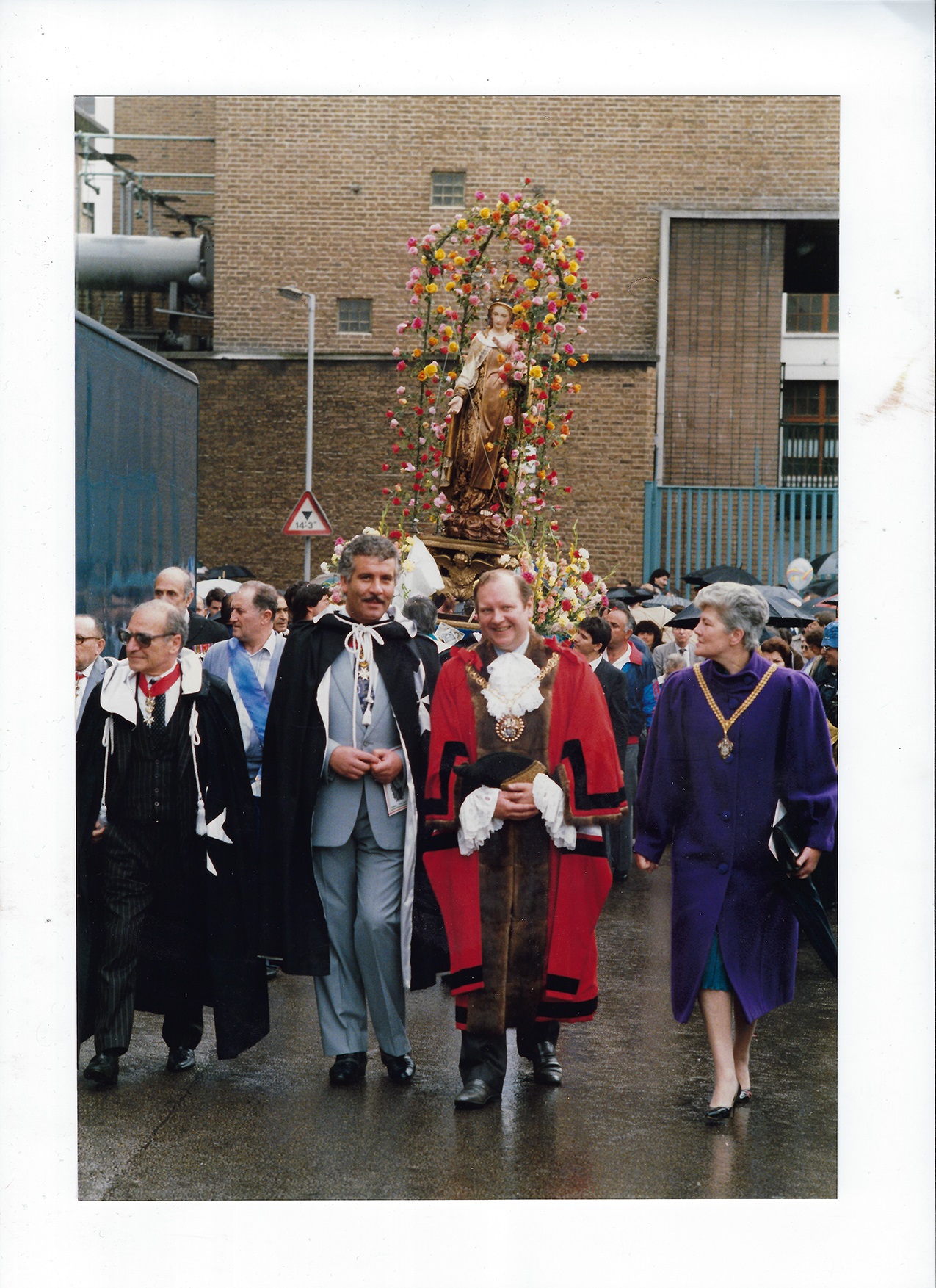
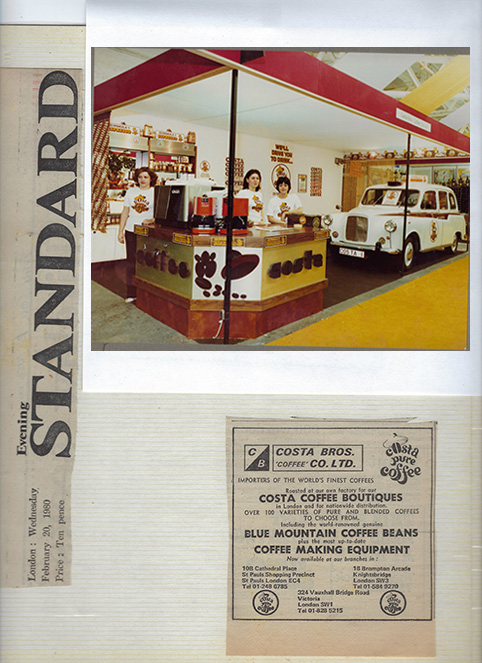
When you expanded, how did you find people to manage your coffee shops?
This is an important part of our success. We started off with families introduced through our children’s school who formed part of our Italian community. The Italian churches at The Oval and in Clerkenwell on Sundays also connected us with many good families and we were always grateful for their interest. I believe this was a huge contributor to our expansion, because they were loyal, searching to make a decent living for themselves and for their children, who in turn ran the franchises. Finding families to run boutiques was never a problem. We valued our agents as well that would distribute across the UK and the wholesale business continued to grow. The Costa Coffee Boutiques were sought and designed by myself and the in-house team. We were privileged when Her Majesty the Queen inaugurated Reading Station. She chose our shop to walk into with Prince Philip. The Prince asked lots of questions as he was intrigued by the concept – it was a very proud moment for us.
Why did you decide to sell the business?
In the mid 90s the management team travelled to the US, as there was talk of new ideas in retail coffee. COSTA was growing rapidly and the team was projecting the next decade. At the same time, new coffee chains were on the high street and equally expanding in the UK. Coffee shops were the new trend and large companies were coming across the big pond with coffee shops beginning to sprout everywhere. These new cafes diluted the authentic coffee shops we created, giving birth to a more casual drinking experience with larger seating areas and an extended menu. Exciting times ahead for us all – however, I was approached by more than one company with a view to buying COSTA. I was taken by surprise, and I had to think long and hard about this proposition. As much as I did not want to sell my company, after over 25 years working to build my name, I felt it was the perfect opportunity to tender the business cautiously. We sold to an established company that continued to build the brand successfully and I am grateful for all their worldwide achievements thus far with my family name.
What are you most proud of when it comes to your business life?
I have many proud moments in the coffee industry, and have met incredibly fascinating people along the way. I am proud of the many awards I have received in the industry, and grateful for all these momentous occasions and the recognition given to me and my family. But making Britain an Italian espresso and cappuccino loving nation has been an enormous achievement for me. I started from nothing – just with my dad and with my own self-belief and of course, with my family and a very good team behind me. COSTA is still here today and it stands phenomenal! I have not lost my passion for coffee and not a day goes by that I positively debate something innovative to contribute towards the great coffee bean.
As told to his daughter shortly before he died in March 2022


